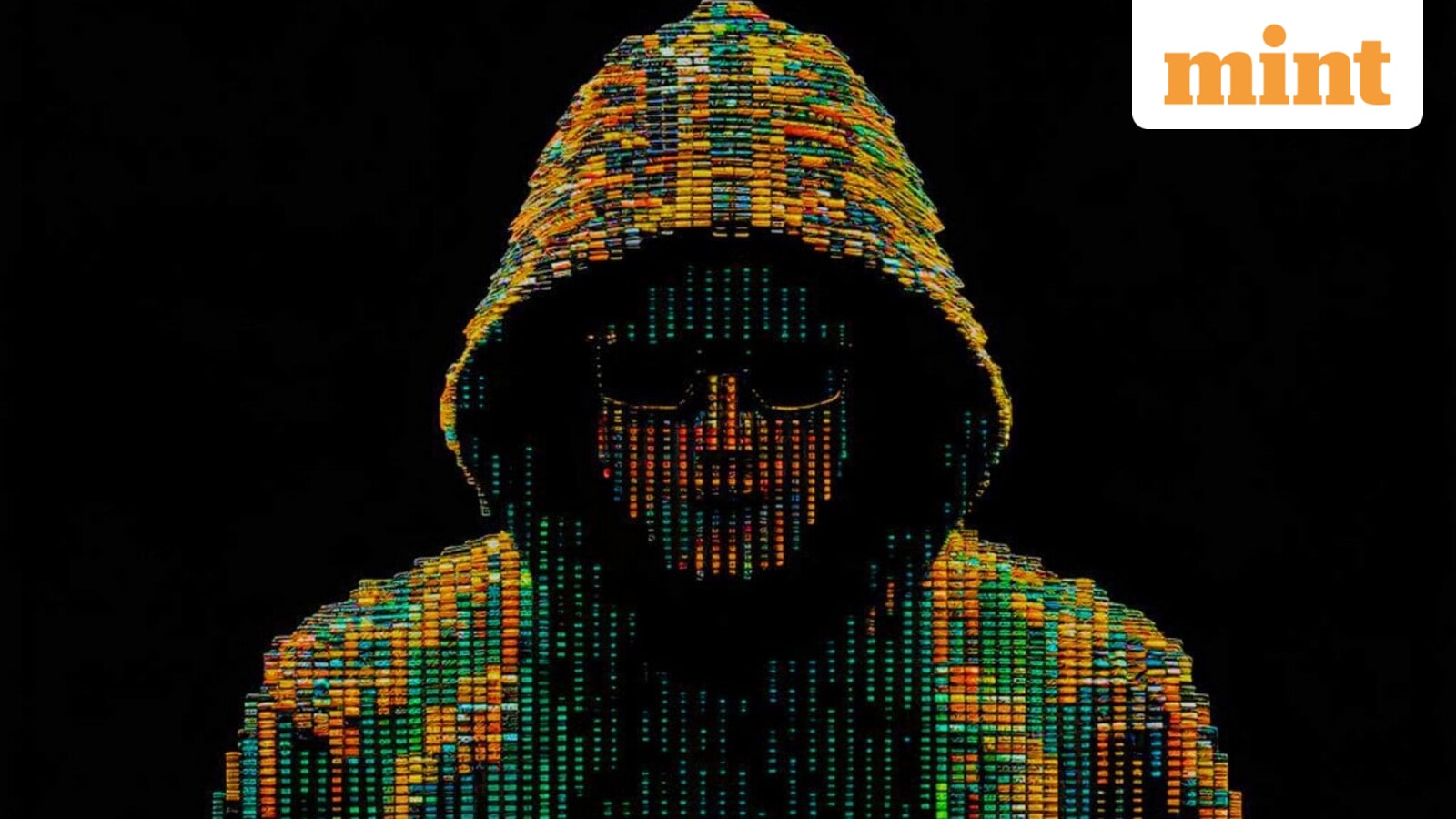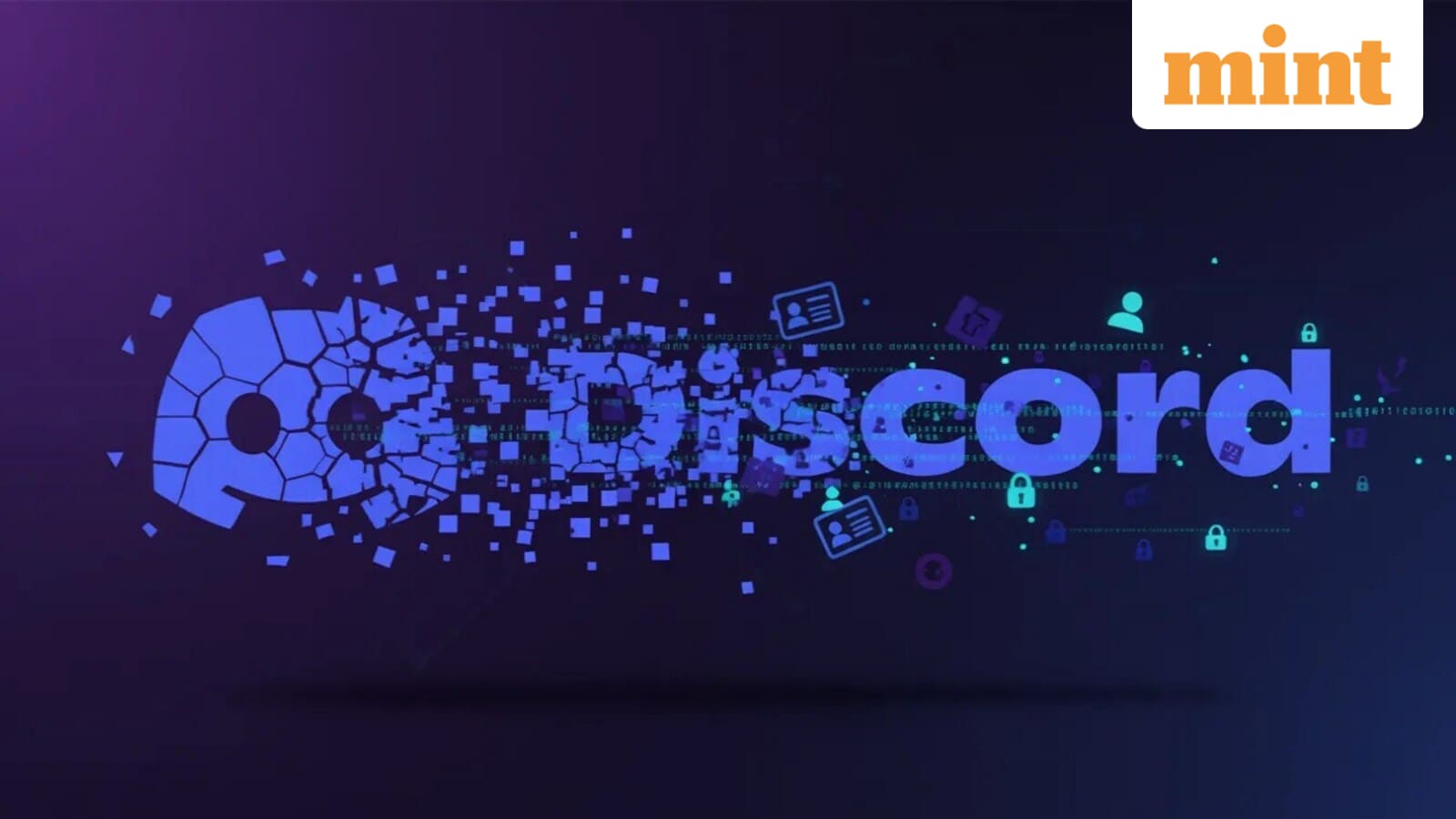Indian Universities face record 8,487 weekly cyberattacks, student data sold on dark web: Report

The education sector has emerged as one of the most targeted industries for cybercriminals worldwide, with Indian institutions bearing the brunt of attacks. According to data from Check Point Research (CPR), education and research organisations in India have faced an average of 8,487 cyberattacks per week over the past six months, almost twice the global average of 4,368 incidents per organisation.
Indian education sector becomes prime target for cybercriminals
In comparison, across other sectors, Indian organisations experience about 3,278 weekly attacks, well above the global benchmark of 1,934, the report highlighted.
As per the report, the heightened exposure in education to hybrid learning models, connected campuses, and the widespread use of personal devices, have expanded the digital attack surface. Limited budgets and a lack of dedicated cybersecurity teams have further left many schools and universities vulnerable.
Beyond IT downtime: Exams and classes disrupted
The consequences extend far beyond IT downtime. Ransomware incidents have disrupted exams, delayed assessments and, in some cases, forced institutions offline for weeks, added the report. A 2023 Sophos report noted that median ransomware payments reached $6.6 million for lower education and $4.4 million for higher education institutions. Despite such high costs, recovery remains slow: only 30 per cent of victims fully restored systems within a week.
Data breaches are also fuelling dark web sales of transcripts, personal records and even forged certificates. In extreme cases, the fallout has proved fatal for institutions, Illinois-based Lincoln College, a 157-year-old institution, permanently closed following a ransomware attack, stated the report.
AI-powered threats on the rise
Artificial intelligence is intensifying the threat. CPR recorded 18,000 new education-related domains in July 2025 alone, with one in every 57 flagged as malicious. Many of these were AI-generated to mimic exam portals or fee-payment systems. Attackers are also using AI for deepfake phishing, large-scale credential theft and malware that exploits vulnerabilities within minutes.
Expert warnings and call for prevention-first security
Sundar Balasubramanian, Managing Director at Check Point Software Technologies for India and South Asia, warned that the country’s education sector faces “a surge in AI-powered attacks that not only steal sensitive data but also interrupt learning for millions of students.” He called for a prevention-first approach using AI-driven defences, hybrid mesh security, cloud-native protection and threat intelligence.
Experts recommend measures such as enforcing multi-factor authentication, strengthening phishing awareness, patching systems regularly, and integrating cyber awareness training for students, staff and parents.
As classrooms become increasingly digital, safeguarding education is no longer just an IT issue but a core requirement to protect academic integrity, intellectual capital and the futures of millions of learners.




